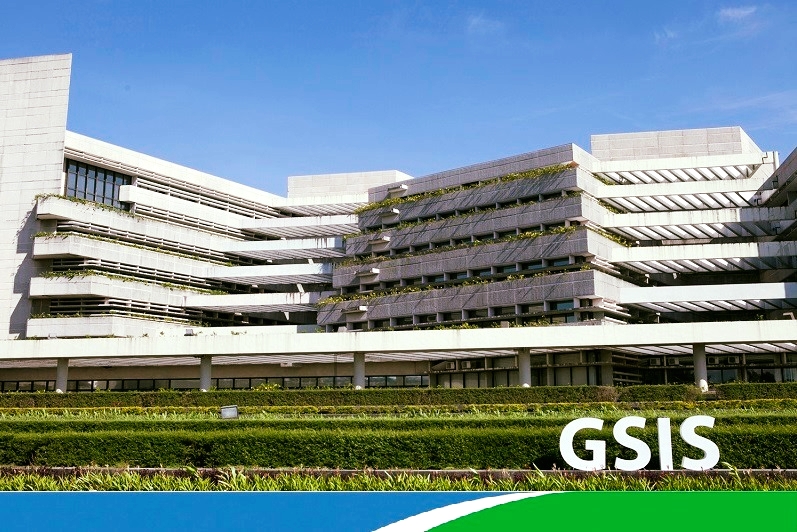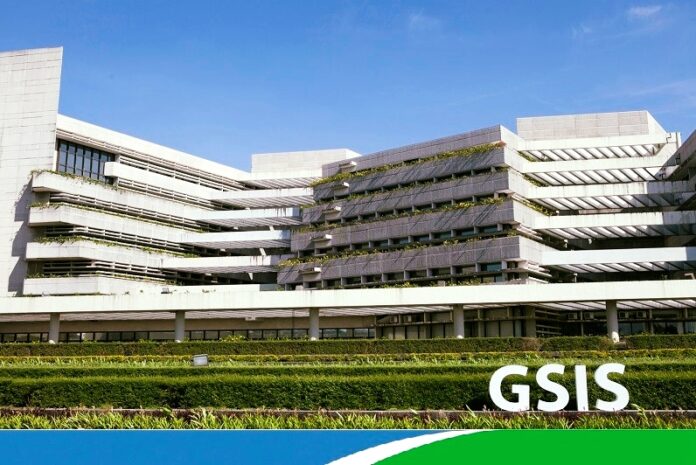
IT’S been a decade since the Government Service Insurance System (GSIS) raised the average monthly pension of retired public servants and a former head of the National Statistical Coordination Board (NSCB) believes it’s time to adjust the payouts once again.
In a public Facebook post, former NSCB Secretary General Romulo A. Virola noted that the government has room to increase the minimum monthly pensions of retirees to P10,000 from P5,000, which was set in 2011.
Based on his estimates, doing this would cost the government only P9.5 billion annually. Virola said this cost is less than 20 percent of the annual national budget lost to corruption, citing Deputy Ombudsman Cyril E. Ramos’s statement in 2019.
“If the minimum monthly pension is to be raised to P10,000, it would mean an additional outlay of at most P9.5 billion a year, including the yearly Christmas bonus. A pittance compared to the amount we lose to corruption in a year estimated in 2019 to be P700 billion,” Virola said.
“I say GSIS should not think twice granting the increase in the minimum monthly pension of old-age pensioners who dedicated many years of their professional lives serving our country,” he added.
Based on data obtained by Virola from the GSIS, there were 380,824 retirees receiving pensions from the GSIS as of December 31, 2020. The average monthly pension reached P14,937.32 a month and a total monthly pension of P5.69 billion.
The data also showed that some 575 retirees received even less than the P5,000 worth average pension monthly. These pensioners received only P2,780.42 per month.
Virola said this could be because these are “survivorship pensioners” who only receive the share of a monthly pension pegged at P5,000 a month.
Further, over a third or 141,856 of the GSIS old-age pensioners are receiving less than P10,000 per month with an average of P6,713.24 while one percent or 6,721 of retirees received a monthly pension of over P50,000.
The data, Virola said, also showed that 798 retirees received a pension of more than P100,000, averaging P134,832 a month.
“As time passes by, the amount collected by GSIS from its members and investment earnings thereof may no longer be sufficient to provide continuing protection to its members/retirees against social security contingencies. And it is incumbent on every government to provide social protection to its citizens,” Virola explained.
Virola said with this, the government pension should be indexed to the Consumer Price Index (CPI) to account for inflation. This will also ensure that pensions remain in step with price increases.
He said this used to be the case in the 1970s when the GSIS pension was indexed to the CPI. This meant that the pensions received by former government employees were adjusted based on the trend of the CPI.
However, Virola said when the charter of the GSIS was revised, the indexing provision when it came to the pensions “got lost.”
He said while indexing to the CPI is not a hard and fast rule, adjustments when it comes to the amount of pensions should be made to make up for the losses in purchasing power over time.
“The price index to be used does not have to be the CPI [but] they have to be done by professionals, actuaries, statisticians, and economists, not by politicians,” Virola clarified in a message to BusinessMirror.
The National Economic and Development Authority (Neda) earlier explained that a Social Protection (SP) Floor is a minimum set of SP programs, which includes several interventions such as cash transfers, social insurance, safety nets, and labor market interventions, among others.
Neda Undersecretary for Policy and Planning Rosemarie G. Edillon told BusinessMirror that an SP floor guarantees access to essential health care and maternity care, among others for vulnerable persons.
She earlier said that institutionalizing a social protection floor will help address gaps in social protection nationwide.
Edillon said that while the country had a legislated Conditional Cash Transfer program and the pension systems through the Social Security Systems and GSIS are working, they are not enough.
She added that the SP floor can be an effective way to respond to the needs of vulnerable persons such as pandemics and natural calamities like typhoons.
Read full article on BusinessMirror

